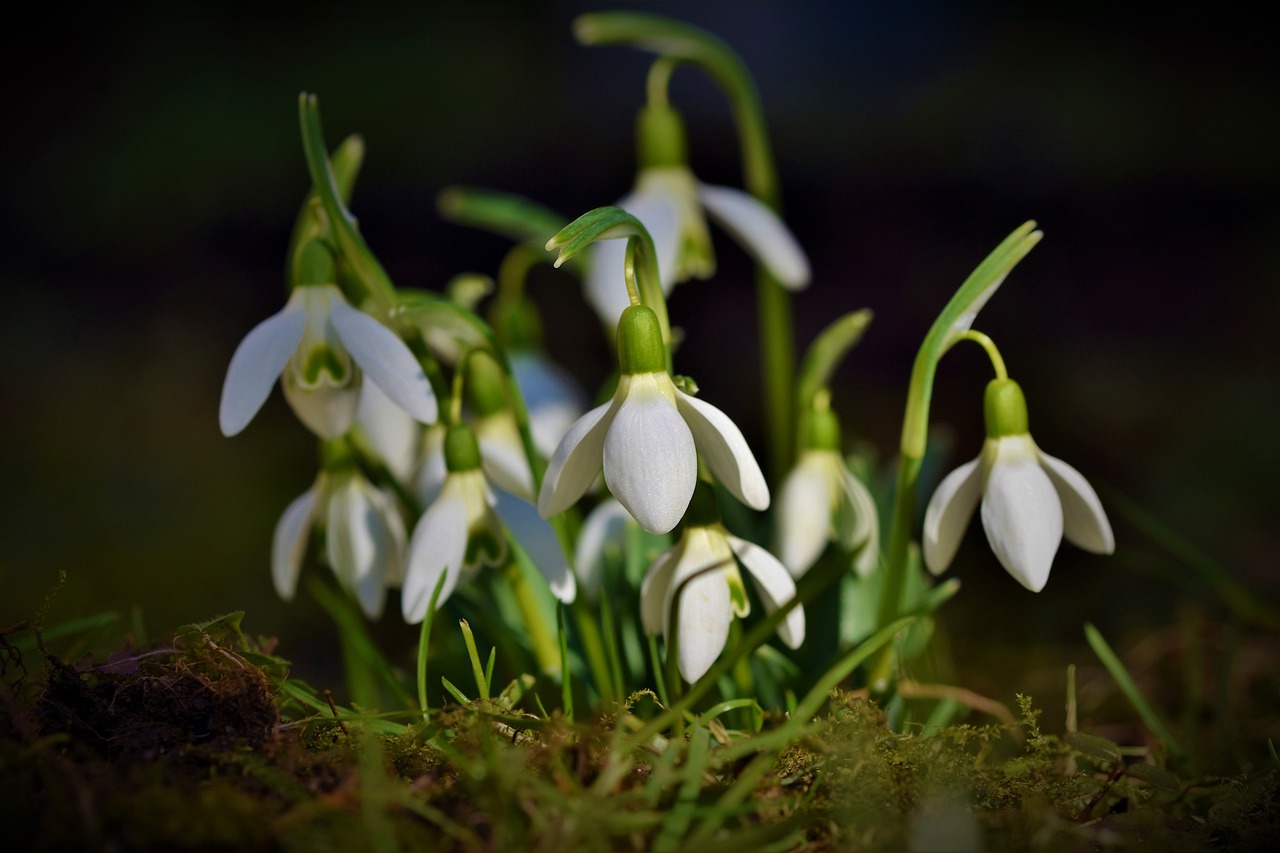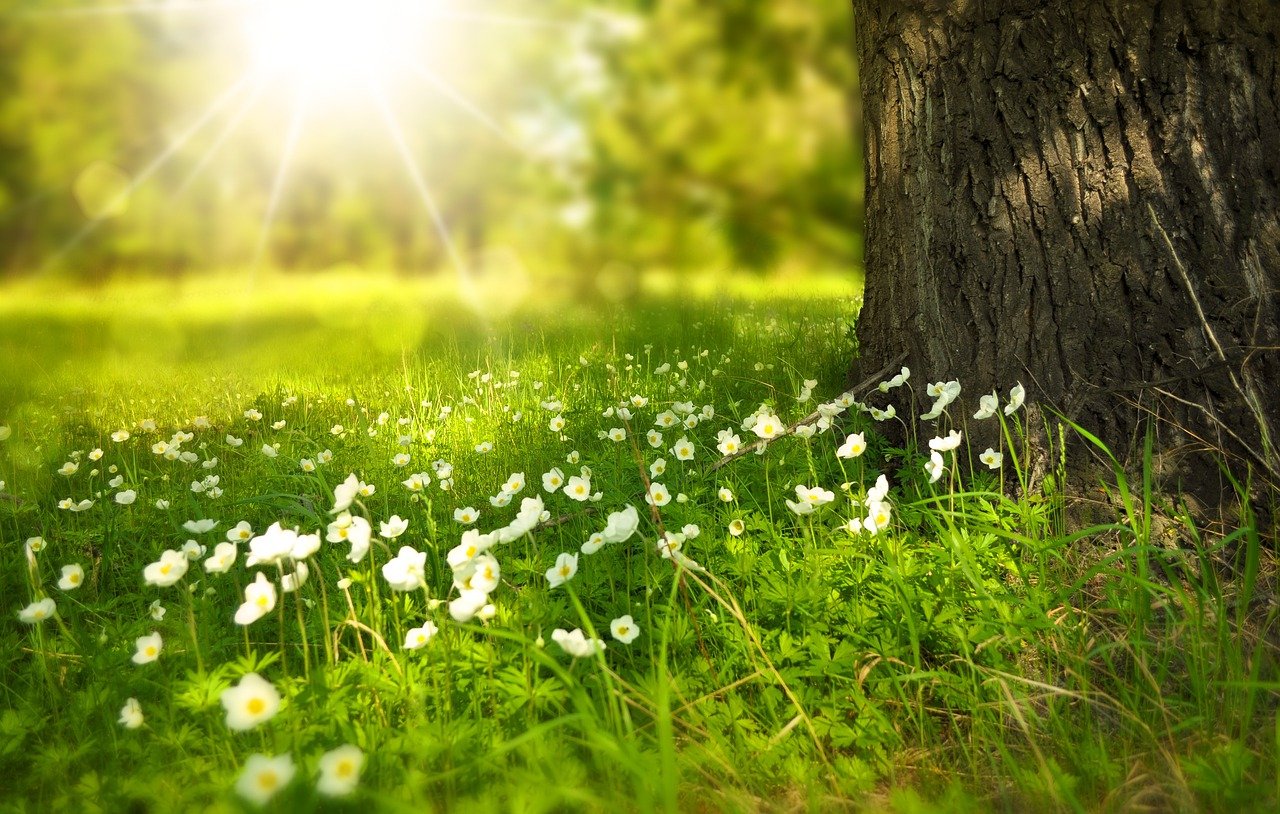Grow your own garden in Charlotte, NC.
Your biggest challenge may be working with that dense clay soil. As produce prices soar, it’s a great year to plan and plant your garden. Here are tips I found that work best for me as I maintain my commitment to keep my garden not just productive but also chemical-free.
Tip #1: Improve the soil.
Piedmont North Carolina’s soil is mostly dense acidy clay and you’ll need to add to it to loosen the soil so the roots can grow. Mel Bartholomew’s (author of the Square Foot Garden) recipe for good soil is a mix of 1/3 peat moss, 1/3 composts and 1/3 vermiculite. Mix that with your soil.
If you have not tried this before, it definitely improves food quality and production. You can also test your soil to evaluate the pH levels. The best pH level for gardening should be between 5.5 and 7.5. Fill up plastic bag with your soil and take a sample to your local coop extension center and have your soil evaluated for its pH level and ask them what additions you need for optimum nutrients.
Tip #2: Start a compost pile.
This is worth the trouble if you have the time or space for it. The nutrients in compost will improve the quality of the food you are growing. Add to the compost leftover food (plant-based) that you typically put in the garbage. Common weeds in North Carolina like dandelions, kudzu and clover weeds are very good for the compost because they speed up the fermenting process.
Add worms to process the organic matter. You’ll see that it makes a difference in the quality of your produce. Alfalfa seeds and sprouts are really great for the compost pile. Don’t throw those gems in the trash; put them in your compost.
Tip #3: Herbs are easy to grow and fresh herbs make summer food delicious.

My favorite herb, basil, will grow in bad soil and flourish all summer long. Basil with tomatoes and mozzarella on pasta or in a sandwich is yummy! For refreshing mint iced teas- put Kentucky Colonel Mint in a pot or where there are borders or it will spread like crazy and take over your garden bed.
Rosemary for grilled chicken is wonderful to eat and this plant will stay hardy for years. Parsley is used in so many recipes and is much better fresh than dried. Piedmont is a no-fail zone for growing your own herbs. Plus, they are getting too expensive to buy. I sow the seeds in a container to get them started in May and transplant them to the garden later.
Tip #4: Grow great tomatoes with good sun, warm soil and watering accuracy.
I love homegrown tomatoes and they are easy to grow in North Carolina. To produce a good tomato crop, plant where there is plenty of sun, good rich soil and water. You can start from seed, but I prefer to buy healthy-looking heirloom tomato plants from a reputable nursery.
Find a sunny spot (6 to 8 hours of sun) to plant. Cut off the bottom leaves and water the roots frequently and don’t water the foliage too much if you can help it. I use Tomato Trays (see Square Foot Garden website for this) for water control.
Tomatoes with good roots will produce well in the hottest days of the summer. You’ll need a stake and twine to keep the tomato vine in place. Also, in North Carolina, it is recommended to add lime to the soil to prevent blossom end rot. It’s easy to grow other vegetables in North Carolina; the best bets are squash, zucchini, and cucumbers. Sow seeds on mounds an inch deep in late April to May.
Tip #5: Best products to reduce pests without using chemicals.
When your produce comes in, you should have a plan to combat birds, rabbits, squirrels and insects. The scarecrow owl is a good idea but it will not work unless you move it around. Try the solar head owl which moves its head every few minutes. For blueberries, a bird net will certainly stop the birds.
A small plastic fence on a roll is an easy fix to prevent small rodents like rabbits and squirrels from eating your food. Some insects are repelled by marigolds and squirrels don’t like cayenne pepper. To avoid chemicals, talk to your local garden expert or an organic supply store for solutions.






